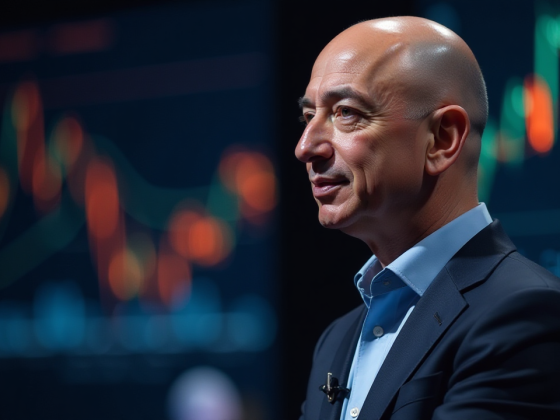Chinese electric vehicle manufacturers posted diverging sales trajectories in April, with Xpeng marking the strongest year-on-year growth among major players.
The company delivered 35,045 EVs last month, a 273% surge from April 2023, extending its streak of monthly deliveries above 30,000 units.
Meanwhile, industry heavyweight BYD led the market in terms of volume, selling over 370,000 passenger cars during the same period, reaffirming its dominance in the global EV landscape.
The delivery data from April underscores the intensifying competition across China’s EV sector, with some brands accelerating on product innovation and global expansion, while others face monthly setbacks due to market saturation, supply chain challenges, or safety concerns.
Xpeng and Leapmotor accelerate amid new launches
Xpeng’s April performance was bolstered by the rollout of its upgraded flagship model, the X9, which starts at 359,800 yuan ($49,482).
The company has kept delivery figures above the 30,000 mark for six consecutive months, suggesting a stable pipeline and growing consumer uptake.
Xpeng’s momentum aligns with broader trends in the premium EV segment, where technological differentiation and model refreshes continue to drive sales.
Leapmotor, another fast-growing rival, came close to its all-time monthly high by delivering 41,039 vehicles.
Although it did not surpass its December 2024 record of 42,517 units, the firm remains one of the top challengers to legacy EV brands, leveraging affordability and localised offerings to maintain demand.
BYD widens its global lead with record overseas shipments
BYD extended its lead with 372,615 passenger vehicles sold in April, up 45.09% from the previous year. The company shipped 79,086 units overseas, beating its March record of 72,723, in line with its ambition to strengthen its global presence.
The company unveiled five new models at the Shanghai Auto Show, held between April 23 and May 2.
With an expansive portfolio spanning hybrids, pure EVs, and premium segments, BYD’s strategy appears focused on breadth and aggressive export growth, particularly across Southeast Asia, Europe, and Latin America.
Nio and Li Auto show mixed results
Nio saw a partial rebound in April, delivering 19,269 vehicles for its main brand, compared to 10,219 in March. However, its sub-brand Onvo reported a month-on-month dip, delivering 4,400 units versus 4,820 in March.
Firefly, Nio’s compact EV brand, officially launched its namesake model on April 19. Deliveries began on April 29, totalling 231 units based on publicly available figures.
Li Auto, which recently dominated the extended-range EV niche, recorded a delivery drop in April to 33,939 units from 36,674 in March. Despite the sequential dip, the company still posted a 31.6% increase compared to April 2023, indicating continued long-term growth momentum.
Safety concerns cloud Xiaomi’s rise
Xiaomi delivered more than 28,000 units in April, a slight fall from the previous month’s record of over 29,000. The slowdown follows an SU7 crash in early April that resulted in three fatalities. The incident sparked heightened scrutiny of EV safety protocols.
In response, industry attention at the Shanghai Auto Show shifted toward enhanced safety technologies.
Nomura analysts, in an April 28 note, stated that carmakers are now prioritising the integration of Lidar (light detection and ranging) sensors to improve advanced driver assistance systems (ADAS).
This shift suggests a broader push toward regaining consumer trust and complying with tightening safety regulations.
Other players face delivery headwinds
Geely-owned Zeekr saw April deliveries fall to 13,727 vehicles, down from 15,422 in March and a 14.7% year-on-year drop. The company’s performance highlights the uneven demand for mid-tier EVs, especially amid fierce competition and evolving buyer preferences.
As automakers navigate economic pressures and consumer demand cycles, monthly delivery trends reveal where brand strength, innovation, and global strategy are converging — and where they are not.
With the market entering a critical inflection point, players who fail to adapt may find it difficult to keep pace with growth leaders like BYD and Xpeng.
The post Xpeng EV deliveries soar 273% in April; BYD leads with over 370,000 units sold appeared first on Invezz


